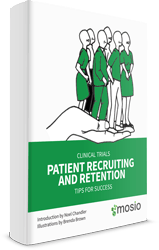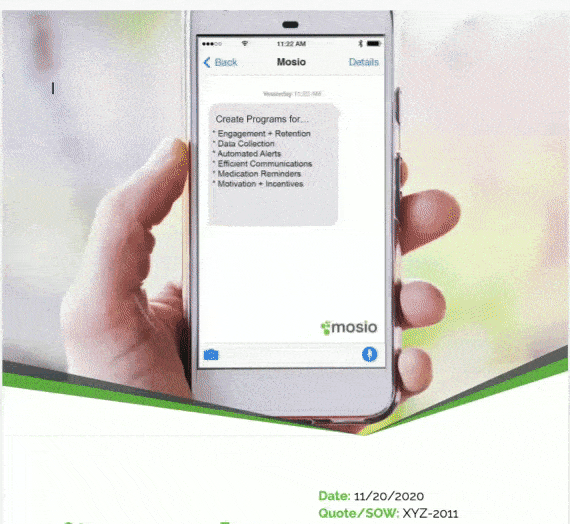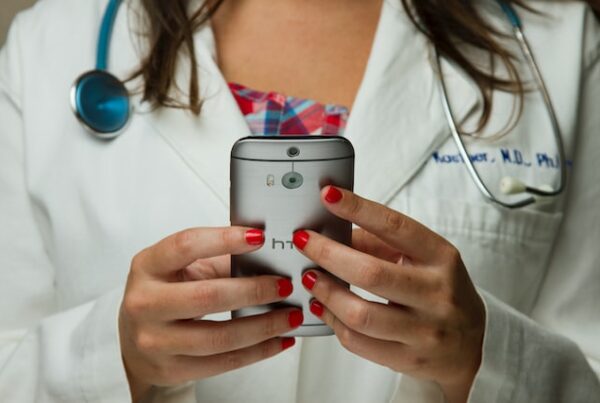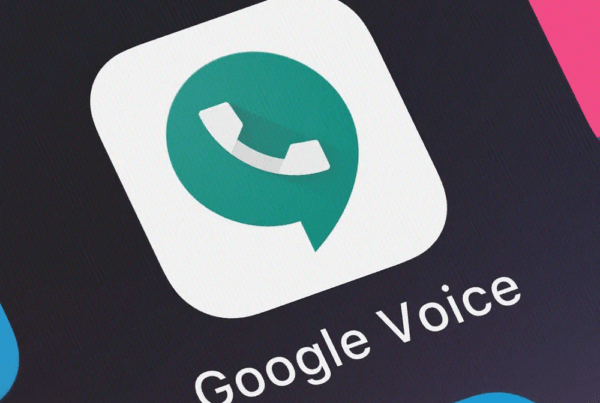We know very well that people all over the world are continuously glued to their mobile devices and that texting has indeed become the new way of “talking” to each other. However, new statistics show that our text exchange has skyrocketed to an even more significant extent. According to Statista,1 a staggering 193,000 SMS messages (aka text messages) are sent per second worldwide! This is compared with 56,432 messages sent per second in 2007.1 Corilyn Shropshire of the Chicago Tribune recently reported that in the US, people spend at least 26 minutes per day SMS messaging but only 6 minutes per day on phone calls.2 It is clear that the popularity of SMS messaging hasn’t slowed one bit, and in fact it is continuing to grow at an exponential rate.
Why should clinical researchers care? A growing body of evidence has shown that patients who are actively engaged in their health and treatment regimens tend to have better health outcomes. It may then come as no surprise that when it comes to clinical trials, patient engagement is a critical factor in the overall success of trial outcomes, and as a result, study sponsors and clinical researchers alike have been in hot pursuit of effective strategies to increase patient engagement in clinical trials. SMS messaging has already emerged as an effective tool to connect and engage with clinical trial patients, but with its recently reported spike and persistence in popularity, its utility simply cannot be overlooked.
With 90% of SMS messages being opened and read within 3 minutes,3 not only can this communication platform engage clinical trial patients but it can do so in an efficient manner. Efficiency and effectiveness—what a gem of tool!
While research on the impact of SMS messaging on clinical trial patient engagement is limited, there are two preliminary studies4,5 that showed clinical trial patients who received SMS reminders were more likely to arrive to appointments on time and be more compliant with their medication regimen. As well, a previous case study written by Mosio.com showed there was a statistically significant relationship between SMS messaging and patients enrolled.6 Because maintaining patient engagement has long been a challenging aspect of conducting clinical trials, these new statistics are not just encouraging and promising to all stakeholders in the clinical trial process—they are a call to action!
——
Have you downloaded our free Patient Recruiting and Retention Tips eBook?
Featuring over 65 tips from clinical research experts in recruiting and retaining study participants. Download Here
References
- Number of text messages (SMS) sent per second worldwide from 2007 to 2010. http://www.statista.com/statistics/270298/number-of-sms-sent-per-second-worldwide-since-2007/.
- Shropshire C. Americans prefer texting to talking, report says. March 26, 2015. Chicago Tribune. http://www.chicagotribune.com/business/breaking/ct-americans-texting-00327-biz-20150326-story.html.
- Conner C. Fifty essential mobile marketing facts. http://www.forbes.com/sites/cherylsnappconner/2013/11/12/fifty-essential-mobile-marketing-facts/.
- Prasad S, Anand R. Use of mobile telephone short message service as a reminder: the effect on patient attendance. Int Dent J. 2012;62:21-26.
- Khonsari S, Subramanian P, Chinna K, Latif LA, Ling LW, Gholami O. Effect of a reminder system using an automated short message service on medication adherence following acute coronary syndrome. Eur J Cardiovasc Nurs. 2015;14:170-179.
- Alsumidaie M. Text messaging: enhancing clinical trial patient recruitment and enrollment. November 3, 2014. Applied Clinical Trials. http://www.appliedclinicaltrialsonline.com/text-messaging-enhancing-clinical-trial-patient-recruitment-and-enrollment.








